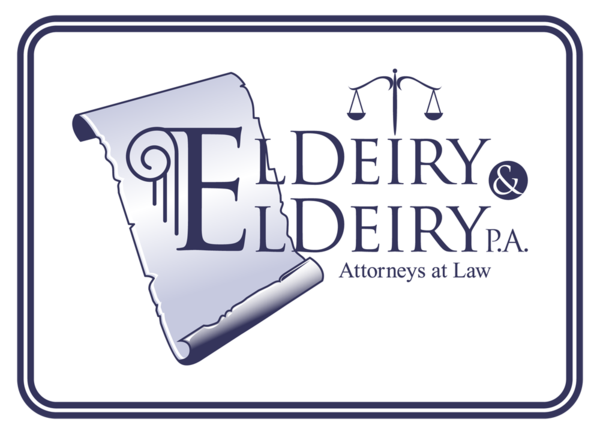Making Sure Your Will Works for You
A Will is a legal document that outlines how you would like your assets divided and who will inherit them after you pass away. That’s the most basic definition, but your Will can do a lot more for you and your family.
When carefully prepared by a qualified, licensed attorney in your state of residence, a Will can address several other important issues.
1. A Will lets you appoint guardians for minor children. This is important because oftentimes, courts don’t have the time or ability to select a guardian who is best suited to care for your minor children. We know it’s a tough topic to consider, and odds are you will never need it, but planning ahead is always far better than the alternative.
2. A Will helps you make funeral arrangements. You get to plan the “who, what, when, where, and how” surrounding your funeral. The more details you provide, the fewer matters your loved ones will have to handle while they grieve.
3. You can specify a personal representative in your Will. You really need to give this some thought, because the person you appoint as representative of your estate will need to spend time handling your documents, affairs, and belongings. Make sure you select someone that has the time, ability, and patience to perform these duties. (We like to recommend leaving them a nice gift card to their favorite restaurant for the time they take in serving in this role!)
4. Personal property is distributed under the terms of your Will. Oftentimes a letter attached to the Will can properly bequest personal items, jewelry, heirlooms, clothes, cars, or any personal property so that everyone in the family understands your wishes. Don’t leave them guessing. Another tip: a nice note with the item will go a long way to creating a great family tradition.
5. It specifies who can act on your behalf. Upon the proper execution of a Power of Attorney – you immediately give someone else the right to act on your behalf. The rights can be as broad or limited as you like, but it legally gives someone else the authority to act as you have directed. Power of Attorneys can be tricky, and some third-parties are reluctant to honor them, but they are a critical piece of the estate planning process, and you must confer with an attorney to make sure these documents are properly executed to give yourself proper and adequate protection as needed.
Essentially, the primary benefits of a Power of Attorney are to indicate how you would like things to be handled, in the event you become disabled, unavailable or incapacitated. If you are available and capable of handling your affairs, the Power of Attorney does not need to be utilized by the person you have entrusted. Whether you are traveling away from the area, or undergoing a medical procedure, this is a great document to address and handle your personal and business affairs as needed.
6. It specifies what medical decisions you want made on your behalf. A Medical Power of Attorney is a legal document that gives someone else the authority to make decisions on your behalf. Often times, next of kin will communicate with the medical providers, but the more details you establish in writing the less confusion will be created. This helps ensure you get the best medical attention you desire, without conflicts or issues with the medical providers.
Ultimately, a Will is a critical document because it gives guidance on many factors to the loved ones you leave behind. For more specific guidance on how to create your Will and make it work with your overall estate plan, contact ElDeiry & ElDeiry, P.A. Our personable attorneys would be happy to walk you through the process.

